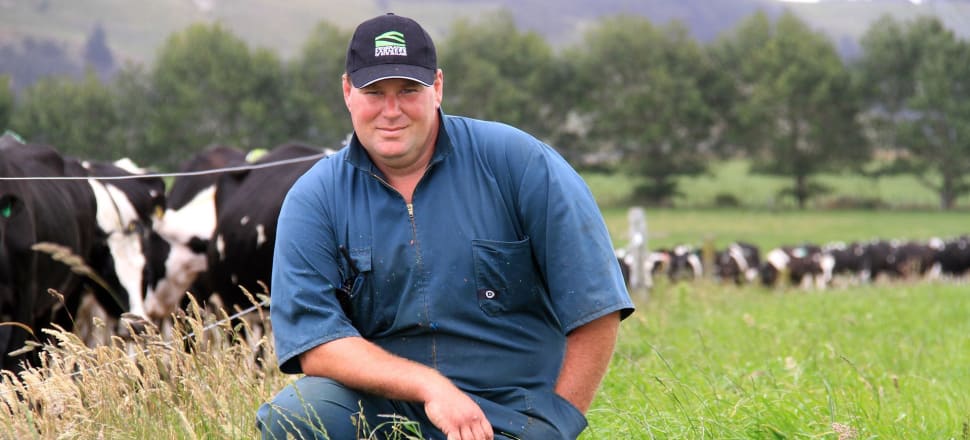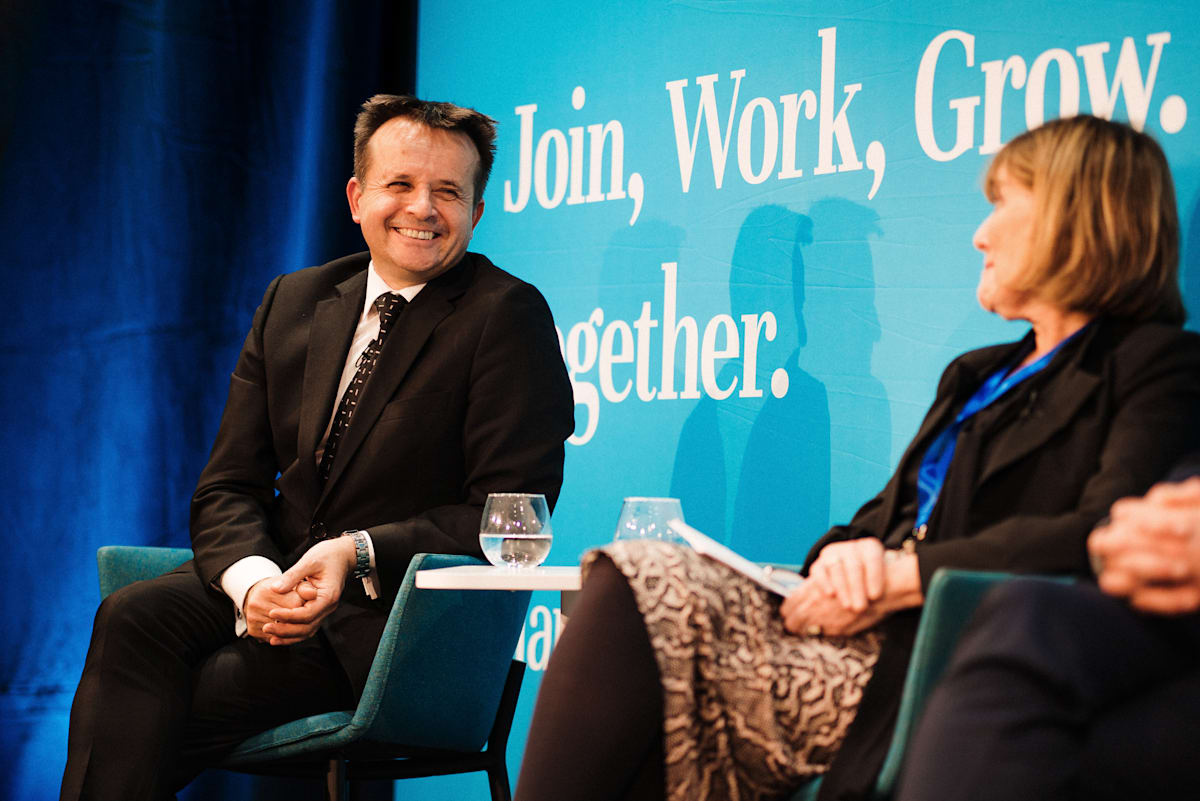
New Zealand's top trade dealmaker says European Union ratification of our trade deal can’t be taken for granted, given loud complaints from some of the continent's farming groups
Opinion: With all the confidence of a strong-eyed heading dog, Vangelis Vitalis, New Zealand’s chief trade negotiator, took to the stage of the Primary Industries Summit in Auckland on Wednesday to push back against farmer-critics of the just completed NZ-EU Free Trade Agreement.
The dairy and red meat sectors had complained mightily when the deal was announced last Friday. Federated Farmers was particularly aggrieved, saying it was a “slap in the face for New Zealand farmers".
Its president, Andrew Hoggard, said Prime Minister Ardern would have been wiser to come home deal-less. No matter, the pact will make 91 percent of our exports to the EU (a market of 450 million people) tariff-free on ratification and 97 percent seven years later.
Vitalis began with sympathy. “I do share your frustration.”
He said he was “furious” with the negotiating position of the EU. “The most protectionist bloc in the world… they behaved as if our 0.1 percent share of their market would destabilise it.”
But against such intransigence, New Zealand had still achieved quota and tariff concessions for the dairy and meat sectors worth more than $600 million a year in extra export revenues once fully implemented. They will also open up some dairy categories for the first time.

Moreover, there were plenty of gains for other primary sectors, such as kiwifruit and horticulture. All of them currently face competitors who have long enjoyed tariff-free access to the EU. Our seafood processors are the worst off, currently facing 25 percent tariffs.
Once the treaty is ratified, hopefully late next year, it will start to generate an estimated $1.8 billion a year of extra export revenues for New Zealand companies.

The pact is also the first the EU has agreed with any country under its new sustainable trade and development framework. As such, it goes well beyond reducing trade barriers into areas of mutual co-operation and better dispute resolution on, for example, any increases in EU agricultural subsidies.
Most important for our primary sector is a chapter on Sustainable Food Systems. The text of it and the rest of the agreement will be published soon. But the brief summary released so far says the chapter will create a platform for co-operating on the likes of “economic, environmental, social, and cultural” issues in food systems; sharing expertise and doing joint research; and working together in international fora.
"The European context would not get any better," – Vangelis Vitalis, NZ negotiator
Given the EU’s Farm to Fork strategy is a main feature of its climate and green growth strategies, this trade deal could open up highly beneficial areas of co-operation for our primary sector.
Wisely, our negotiators steered clear of any issues which would have required ratification by all 27 of the EU’s member-nation parliaments. Refusal by some of those countries means Canada’s 2014 free trade deal, while largely operational, is not ratified; and the EU’s deal with Mercosur states (Argentina, Brazil Paraguay and Uruguay) is still unratified and not operational three years after political negotiations were completed.
Instead, our deal only needs approval by the European Parliament’s 705 members elected from the 27 countries. Still, Vitalis said that can’t be taken for granted, given loud complaints about the deal from some European agricultural lobby groups.

Securing agreement on our FTA took two years of preparatory talks and four years of negotiations. Quitting the talks in the hopes of persuading the EU to offer more on agriculture was unrealistic for many reasons, Vitalis said:
► We had little to offer the EU, given our market is tiny and already open to trade. In contrast, we had some leverage in our recent free trade agreement negotiations with the UK. Given its exit from the EU, it is very keen to join the Comprehensive and Progressive Agreement for Trans-Pacific Partnership and knows it needs New Zealand’s support to do so.
► We had rejected the EU’s main demand to lengthen the patent term on medicines and agricultural chemicals. Agreeing would have curtailed the availability of generic versions, and increased drug costs to the government and chemical costs to farmers. New Zealand is the lone hold-out in the OECD on lengthening of drug patents.
► If we had quit, we’d have gone to the back of the negotiating queue; and would have nothing new to bring to the table.
► The “European context would not get any better".
► And we have other trade negotiations to keep pursuing. While the US continues to refuse to talk about a free trade agreement with us, bringing to fruition long-stalled talks with the Pacific Alliance (Chile, Colombia, Mexico and Peru with a combined population of 220 m people) and with the Gulf Co-operation Council (Saudi Arabia, UAE, Kuwait, Oman, Bahrain and Qatar) would bring plenty of benefits to our economy.
Receiving only thanks and positive comments at the end of his talk, Vitalis left to stare down his counterparts in his next trade negotiations.
And he left a big task to the indefatigable, intelligent huntaways within the primary sector. Now more than ever they’re needed for the urgent job of moving the primary sector mob on to even sunnier and richer pastures.







